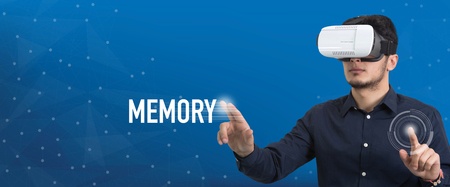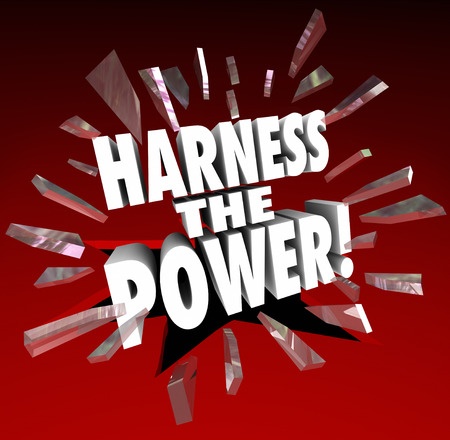Infographics as Learning tools
BYTE session recap As we all know, visual learning aids are wildly popular. Learners respond to, and remember, colorful images related to the...


With modern blended learning, we strive to build skills beyond the classroom, and support learners in how they work and live. Guest blogger Jenny Holt explores an exciting aspect of the digital age. It's a helpful starting point for learning and development professionals asking, "How can we increase the impact of EdTech?"
Virtual spaces and video games are more than just a fun way to spend the evening after work or school. In recent years, researchers have been looking into virtual reality as a way for people to cope with a number of problems, both mental and physical, including:
One of the most exciting new applications being explored is using virtual reality (VR) to help enhance the working memory of patients with cognitive limitations or difficulties, whether those problems stem from a traumatic injury or natural causes. Using VR helps doctors to work with patients in assessing mental capacity and promote better memorization techniques to use in a real-life setting. Better yet, VR technology can be used in training scenarios, hospitals, doctors’ offices, or even in the comfort of your own home.
Improving Memory Retention
Using VR headsets can help those of us with memory problems to better log information when learning new concepts and ideas. Playing games and acting out scenarios in a virtual space has been shown to help us form memories better than simply reading or listening to a presentation.
Virtual reality shows particular promise in helping elderly individuals to improve their retention of episodic memories, even during periods of cognitive decline. VR allows older people to experience new scenarios from a first-person perspective, moving and exploring in a virtual space without having to worry about mobility limitations or physical impairments.
Storing and Organizing Memories
Some apps and computer programs can help you to restructure your mind, organizing thoughts into well-defined categories to make them easier to recall later. A virtual interface can help you to create what’s known as a memory palace, which is a highly effective visualization technique used to store large quantities of information over time.
Recalling Memories
While it may be easy to remember something new a few hours or a few days later, information can slip from our minds if left untouched for too long. Virtual reality can help us to better focus on information that’s presented to us visually, auditorily, and tactilely.
By immersing participants in a virtual scenario, researchers have found that the ability to retain and recall memories later on improves drastically. As the virtual reality sector grows, we can expect to see it being used in more academic and healthcare applications to help people keep their minds active and their memories sharp.

BYTE session recap As we all know, visual learning aids are wildly popular. Learners respond to, and remember, colorful images related to the...

Virtual teams are now the lifeblood of many organizations. The pandemic accelerated the trend towards more global, virtual, hybrid and mobile teams. ...

Imagine that you are getting ready to start a new job on Monday. You’re thinking about your new role, the types of challenges it will bring, and...